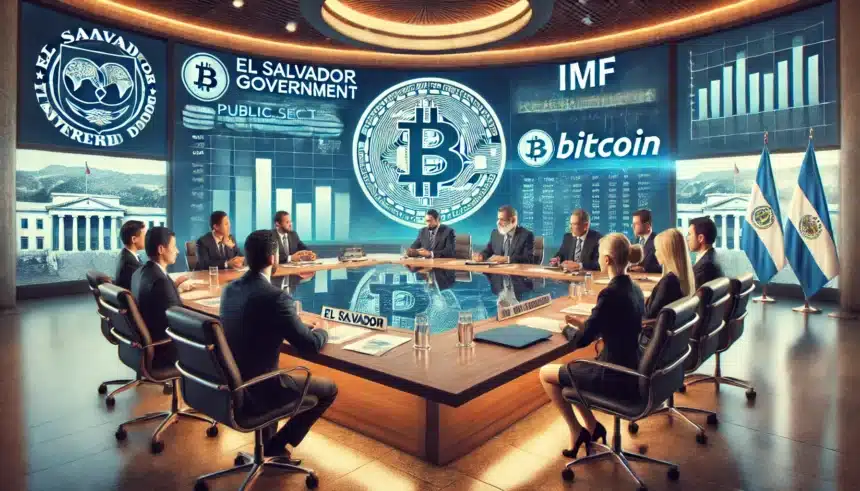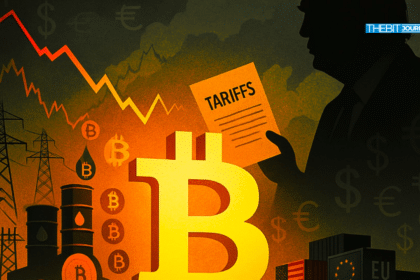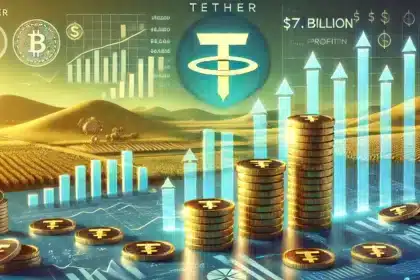The International Monetary Fund (IMF) has reiterated its call for El Salvador to step up oversight of their national Bitcoin industry. The international body has voiced concerns about the risks posed by the cryptocurrency repeatedly since El Salvador made Bitcoin legal tender in 2021, becoming the first country to do so. Most of these fears are centered around the volatility and potential impact on the economy in El Salvador that Bitcoin brings.
In the latest advancement, the International Monetary Fund warned El Salvador to scale back its Bitcoin law, confine digital currency exposures to the public sector, and boost supervision over its new cryptocurrency environment. El Salvador has benefitted economically from the move, with GDP up and tourism flowing in but the IMF has urged caution, warning that more regulatory steps are needed to maintain long-term fiscal health while also combating the dangers associated with using Bitcoin as a national currency.
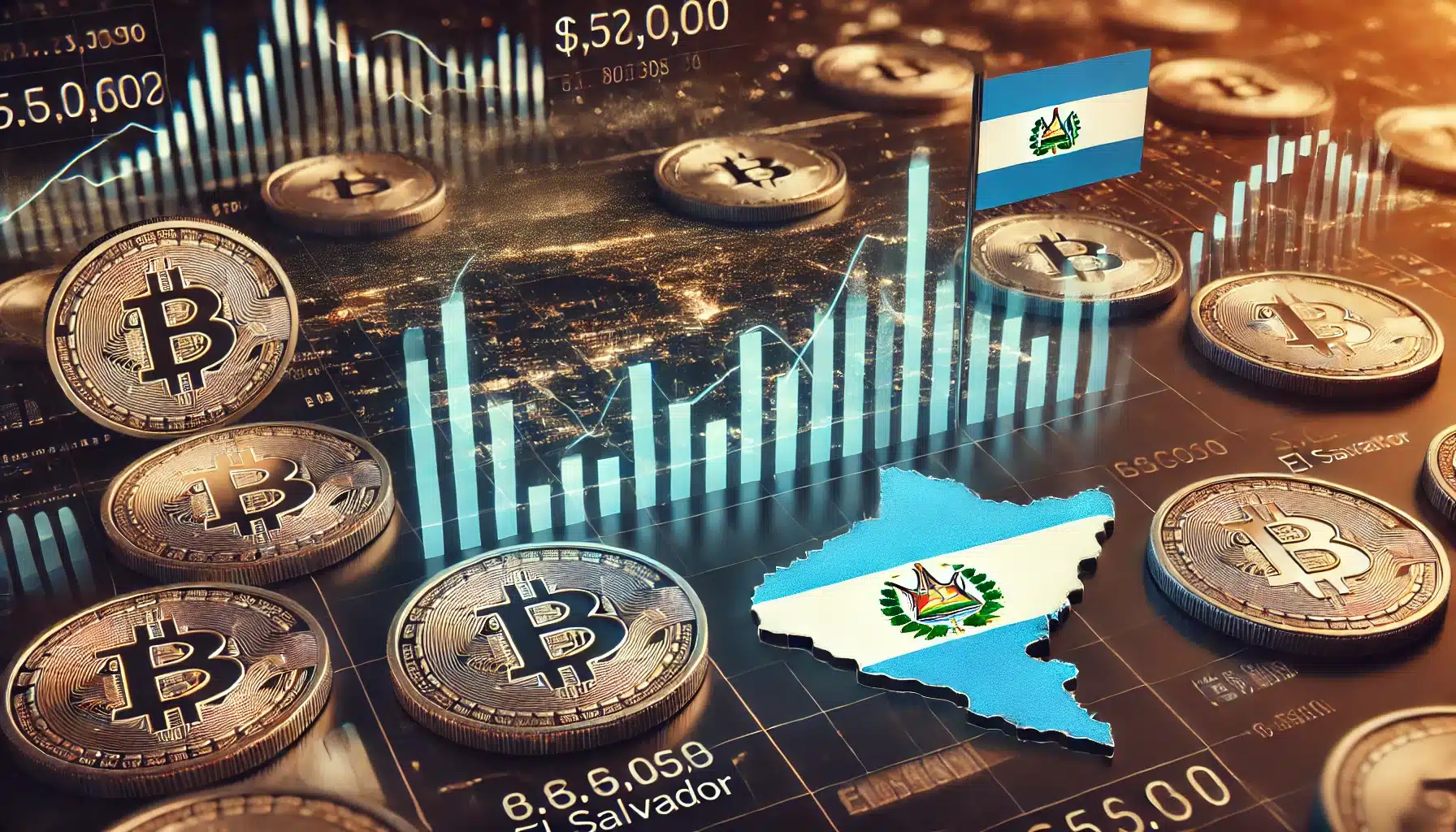
IMF Calls for Stronger Bitcoin Regulation
El Salvador needs to revise its Bitcoin law completely — drastically reducing the overreach of the legislation as well as managing digital currency in a more organised and self-contained environment, the IMF emphasized during its last presser. The International Monetary Fund Communications Department Director Julie Kozack highlighted the importance of these reforms in reducing public sector exposure to Bitcoin. The call for a ban is in line with the warnings that the International Monetary Fund had already issued, pointing to its volatility and fears it could destabilize national economies.
The Mattsen has not listened to these warnings and plans to integrate Bitcoin into its economy; however, Mr Bukele’s government has closed the antidepressant from this course. The GDP increased by 10% and has helped to promote Bitcoin for Financial Inclusion which will likely have a GDP effect close to 95% of the growth in tourism, according to Bukele. Yet the International Monetary Fund urges regulators to be wary in markets this volatile and establish robust regulatory frameworks again.
Public Sector Exposure and Future Recommendations
A central suggestion made by the IMF is to lower exposure of the public sector to Bitcoin. Previous story: The country has collected almost 5,892 BTC ($345 million worth), but the International Monetary Fund cautioned El Salvador against becoming too dependent on Bitcoin as a national asset. The body highlighted that it was worried about the rollercoaster price changes of Bitcoin, which could cause economic problems for El Salvador.
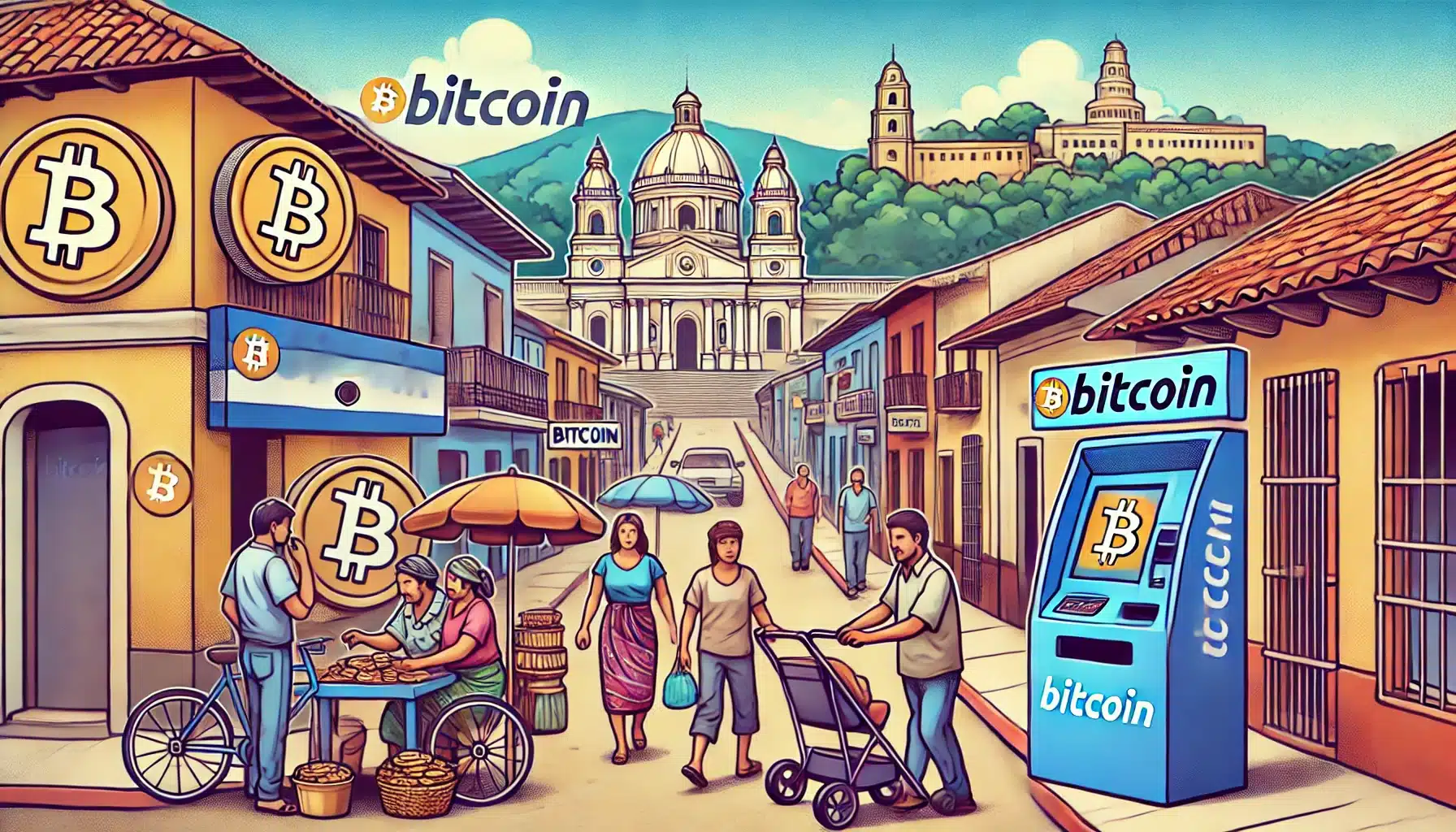
This advice comes amidst broader discussions between the International Monetary Fund and El Salvador on economic reforms. The IMF praised El Salvador’s 2025 budget for aiming to stabilize public finances and potentially achieve debt-free status. However, the International Monetary Fund insists that proper implementation of Bitcoin oversight measures is essential to ensure long-term economic stability.
Bitcoin’s Global Context and IMF’s Position
The IMF is not the only one that has raised doubts about El Salvador. The organization has warned of the dangers Bitcoin could have on developing nations all over the world. It had also urged nations to tread coiners lightly and, while there, had even counselled down the path of economic reforms, including proposed capital gains taxes in countries such as Pakistan.
Additionally, the IMF is a powerful lobbying organization for central bank digital currencies (CBDCs), as it sees them as a more stable and controlled version of Bitcoin. Consumer Solution The IMF has engaged in a more recent extensive campaign for central bank digital currencies, as part of broader efforts to update the financial systems of lots of industrial emerging economies, amid fears that print cash conversion calculations could be highly associated with risky digital treasures like Bitcoin.
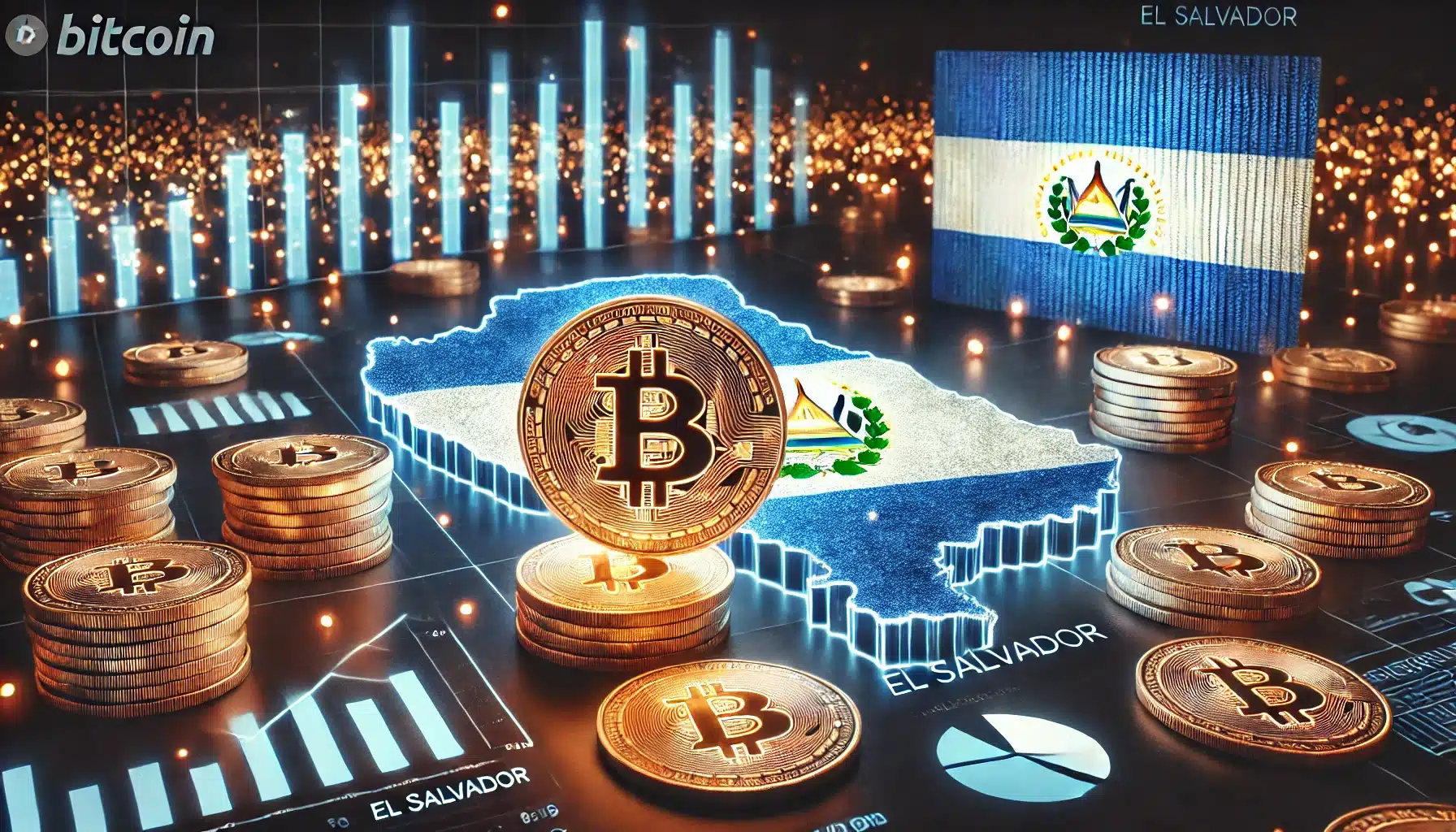
Conclusion
As El Salvador forges ahead with Bitcoin, the IMF will continue to be a key voice in advising on how the country can better their regulatory oversight and mitigate against risks related to attraction associated with the cryptocurrency. Even as the nation enjoys some benefits from this, including economic growth and a tourist boom, the IMF needs more regulatory measures to protect the financial future of the country. The ongoing debate could define how countries tread the line between grand visions of a digital currency future and the IMF’s more measured calls for caution, with one reverberating around the globe from San Salvador.
Stay tuned with TheBITJournal, follow us on Twitter and LinkedIn, and join our Telegram channel to be instantly informed.



